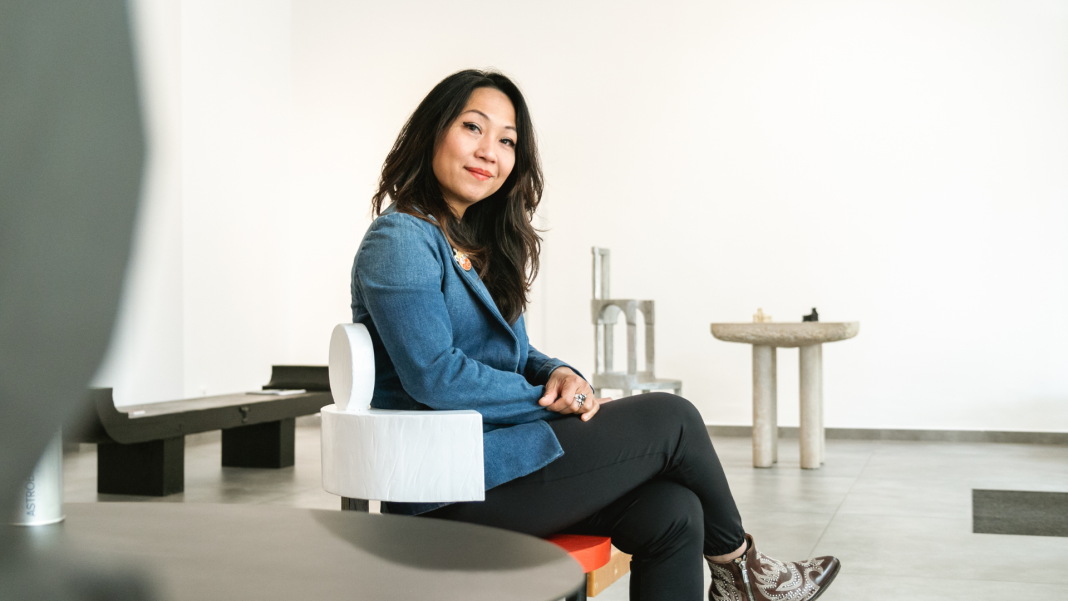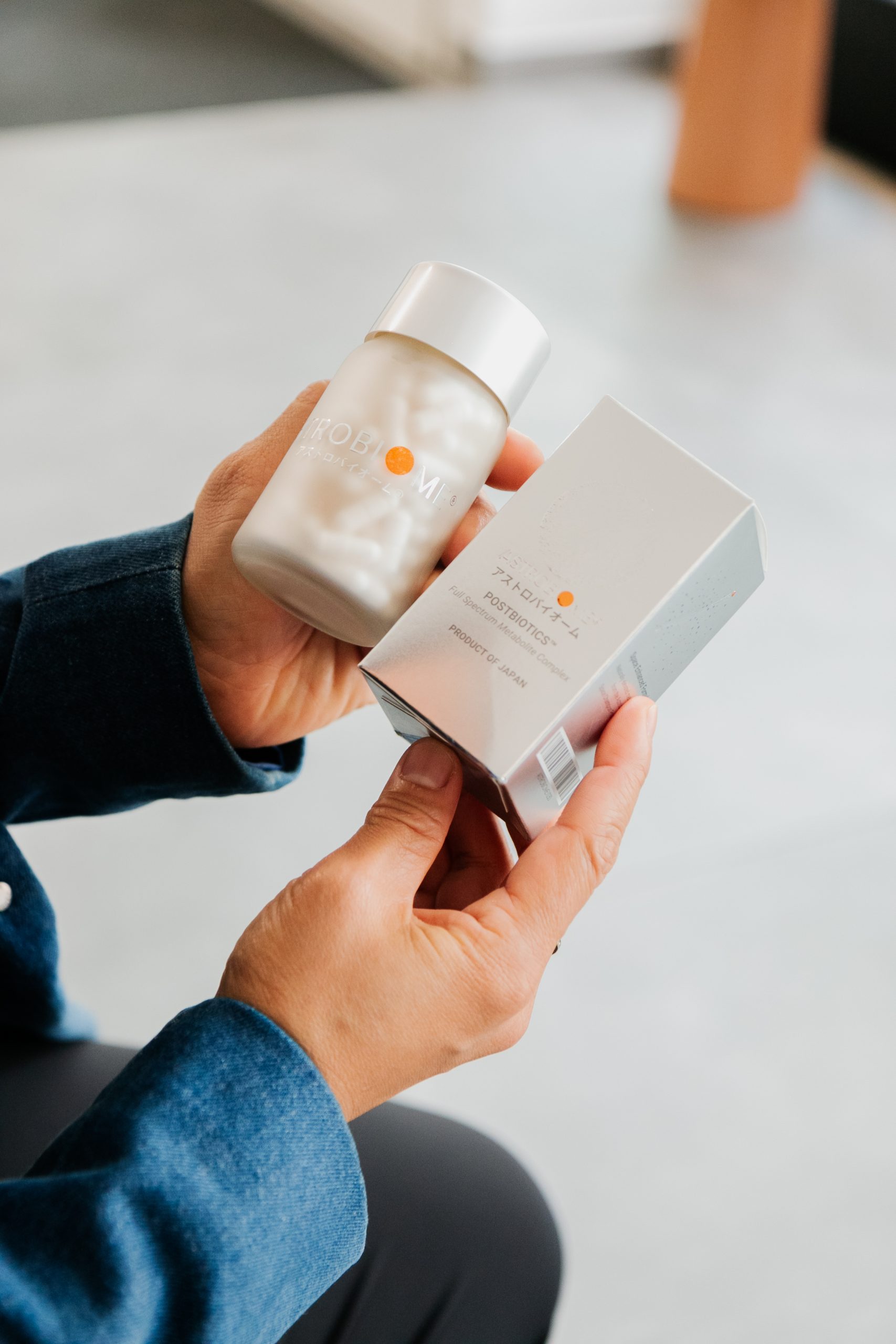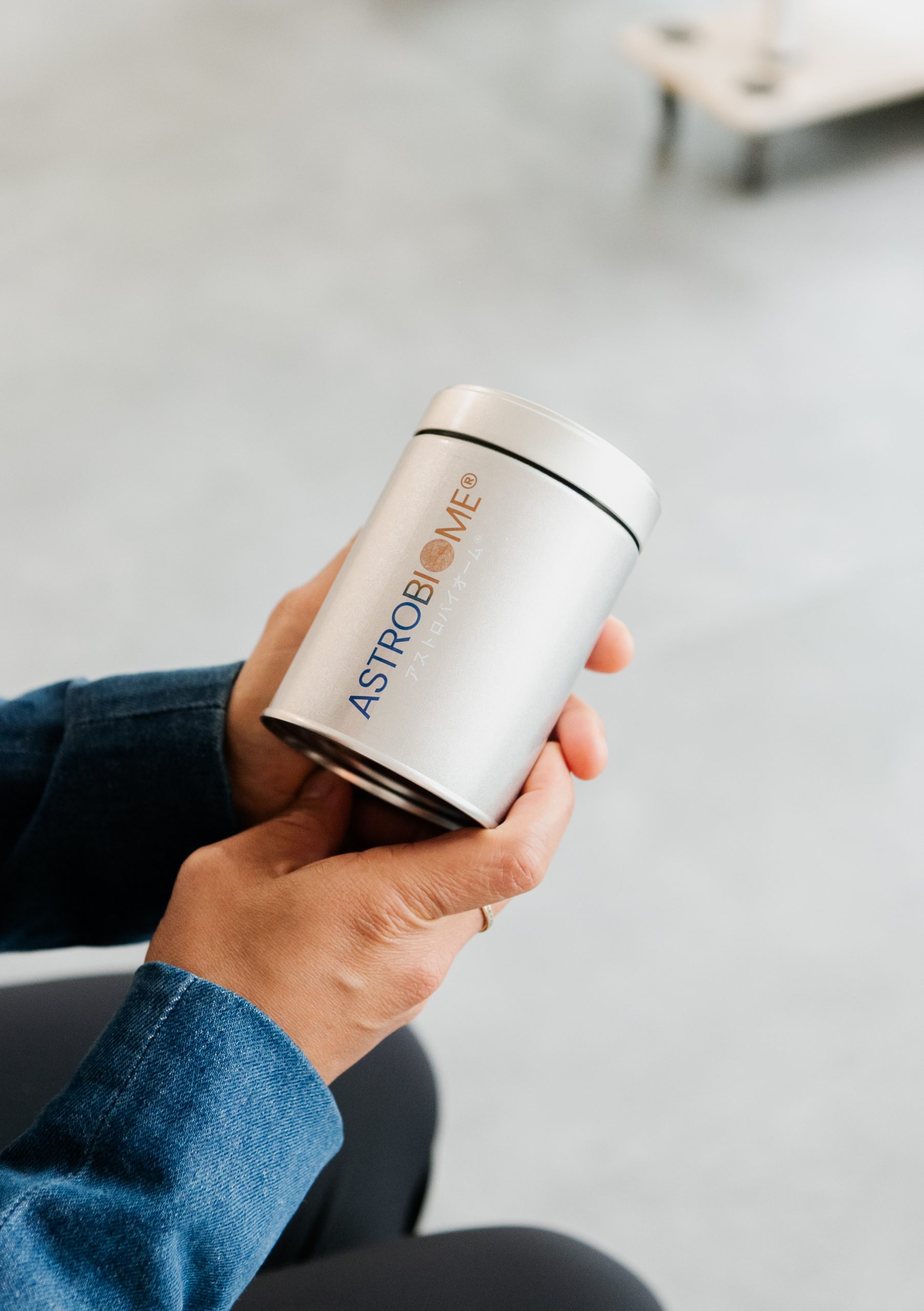This Luxembourg startup is leveraging space to develop a probiotic with the potential to transform both human health and agriculture. Founder Vera Mulyani explains.
When I met entrepreneur Vera Mulyani at a startup event in Luxembourg, I’d recently binged on biohacking podcasts. The importance of gut microbiome balance had been repeated ad nauseam as a key factor for mental wellbeing and metabolic function — in other words, healthy ageing.
Over glasses of crémant and canapés, Vera made a compelling case. “Depending what you eat, you choose which kind of bacteria you feed, and they grow larger than other populations,” she explained, adding: “It’s like society. They vote to tell your brain how to behave and what to eat.”
It’s mind-blowing to consider that the 100 trillion bacteria in the human gut create a kind of miniature democracy, governed by what we consume. Even more astonishing is the notion that targeted probiotics could enhance this system — and that space may be the key to making that possible.
Vera was similarly intrigued when, at the 2021 World Expo in Dubai, she met two Japanese scientists who sparked a new line of thinking. At the time, she was running her first startup in the US, designing Mars habitats. The scientists described their work in co-culturing — growing two or more bacterial species in the same environment to study how they interact. Over decades, they had developed highly resilient bacterial strains with applications ranging from cosmetics to agriculture.
“These people had been doing it for 30 years and developing products including cosmetics and agricultural supplements,” Vera recalled. It didn’t take long for her mind to leap to space applications.
In 2022, she launched Astrobiome, a startup dedicated to testing advanced bacterial supplements on astronauts and high-performance athletes. But space travel isn’t just a use case — it’s part of the research and development process.
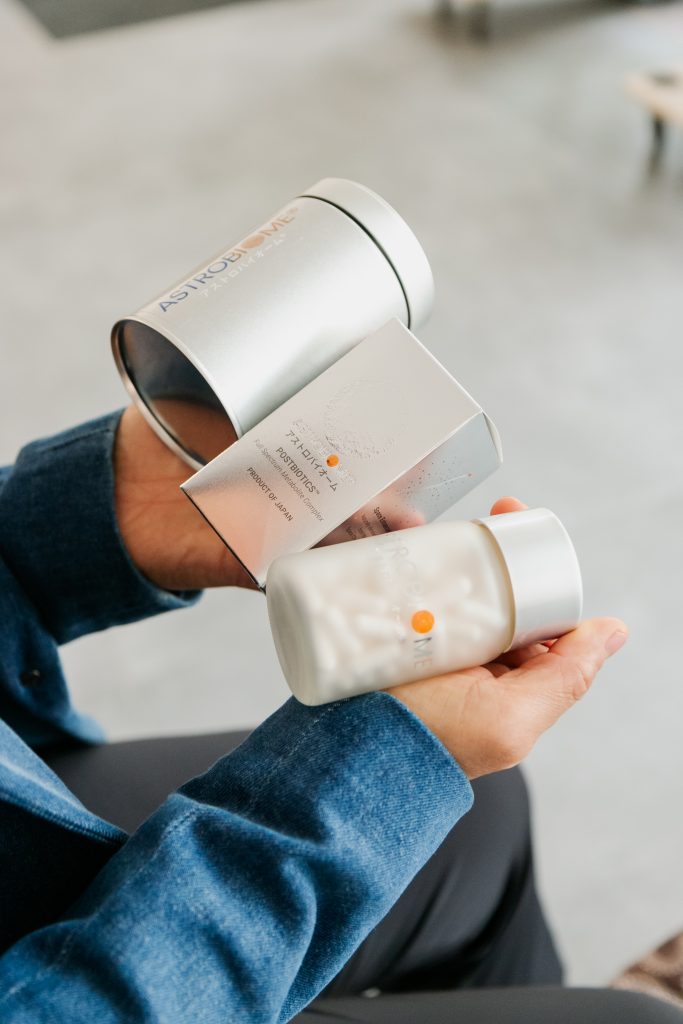
“When bacteria are exposed to extreme environments like space, the UV, microgravity, space radiation and vibrations can be very challenging for them to physically survive,” said Vera. Upon their return, the bacteria are co-cultured, producing fermented metabolites with unique properties.
Clinical trials have shown promising results, including improved gut health and reduced symptoms of chronic inflammation. Astrobiome achieved its first patent in 2023. In September 2025, as part of a collaboration with the Luxembourg Space Agency, the company will send two strains of lactic acid bacteria into orbit. They will return with SpaceX in December to be analysed for resilience. “We are excited to have our own, Luxembourg-made bacteria colonies,” said Vera with a smile.
Originally founded in the US, Astrobiome found fertile ground in Luxembourg’s growing space ecosystem, which today contributes 2% of the country’s GDP. Scientists from the five-person team now work at the Luxembourg Institute of Science and Technology (LIST).
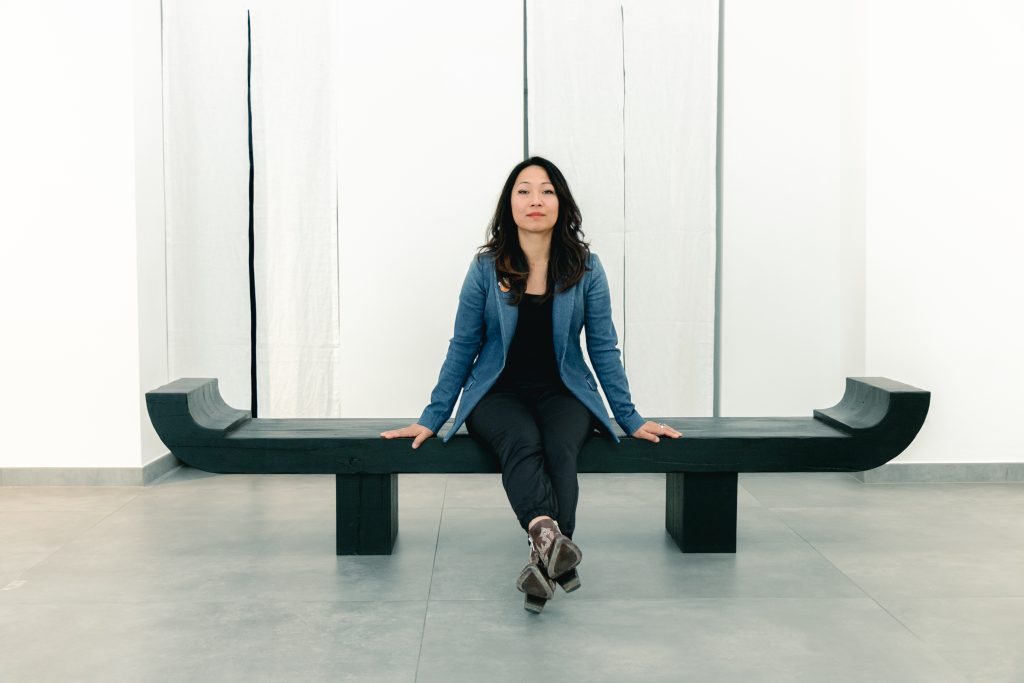
“Not only is the lab amazingly equipped for this kind of research and development, but it is also just the openness to this new field and new discoveries,” Vera said. “This is a collaboration between microbiology, space, agriculture and health. It’s quite niche in each of those worlds, but when you combine them, we have the solution for different applications, where space is at the centre.”
While demand from longevity clinics and hospitals is growing, the company is now expanding its focus to agriculture — specifically, improving crop resilience through soil health. Astrobiome is trialling the application of co-cultured bacteria on a Californian almond farm, where the soil has been damaged by pollution and overuse.
Vera explained that the firm’s 100% organic solution could help restore agricultural land affected by climate stress and chemical depletion. Through data-driven field experiments, the company aims to help farmers transition to natural inputs without compromising yields — prioritising long-term soil quality over short-term gain.
As a woman leading a company in the traditionally male-dominated space sector, Vera has had her share of challenges — but she credits progress, persistence, and perspective for keeping her going. “I think what kept me going is seeing that things are changing,” she said. She also attributes her success to her creative roots, her ability to assemble the right team, and her skill in securing investment.
From gut health to sustainable agriculture, and from astronauts to almonds, Astrobiome is pushing the boundaries of what’s possible when science, space and biology collide.
Read more articles:
A Beautiful Green: The Business Case For Sustainable Team-Building

